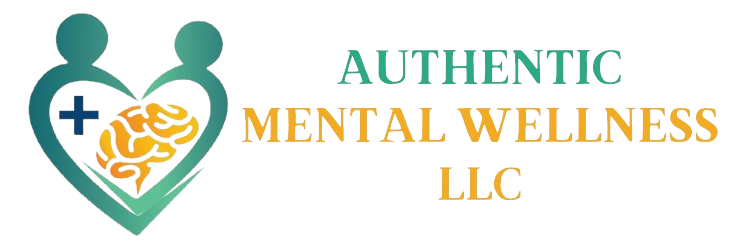Psychiatric Evaluations

Psychiatric evaluations are systematic assessments conducted by mental health professionals, such as psychiatrists, to diagnose and understand an individual’s mental health conditions. These evaluations are crucial for identifying mental disorders, understanding their severity, and planning appropriate treatment strategies. During a psychiatric evaluation, the clinician collects comprehensive information through clinical interviews, medical histories, and often, standardized psychological tests. The aim is to gather a holistic view of the patient’s psychological state, including their emotional, cognitive, and behavioral patterns.
The process typically begins with a detailed clinical interview where the clinician explores the patient’s current symptoms, duration, and impact on daily functioning. This includes discussing mood, thoughts, behavior, and any distressing experiences. The clinician also inquires about past psychiatric history, family mental health history, medical conditions, and substance use, which are all essential for accurate diagnosis. Additionally, standardized questionnaires or diagnostic tools may be used to measure the severity of symptoms and aid in identifying specific mental health conditions such as depression, anxiety, bipolar disorder, or psychotic disorders.
Psychiatric evaluations are essential for developing a tailored treatment plan that addresses the specific needs of the individual. Based on the findings, the clinician can recommend various treatment options, which might include psychotherapy, medication, lifestyle modifications, or referrals to other specialists. Moreover, psychiatric evaluations provide a baseline for monitoring the patient’s progress over time, allowing for adjustments to the treatment plan as needed. By thoroughly understanding the patient’s mental health through these evaluations, clinicians can offer more effective and personalized care, ultimately aiming to improve the patient’s overall well-being and quality of life.
